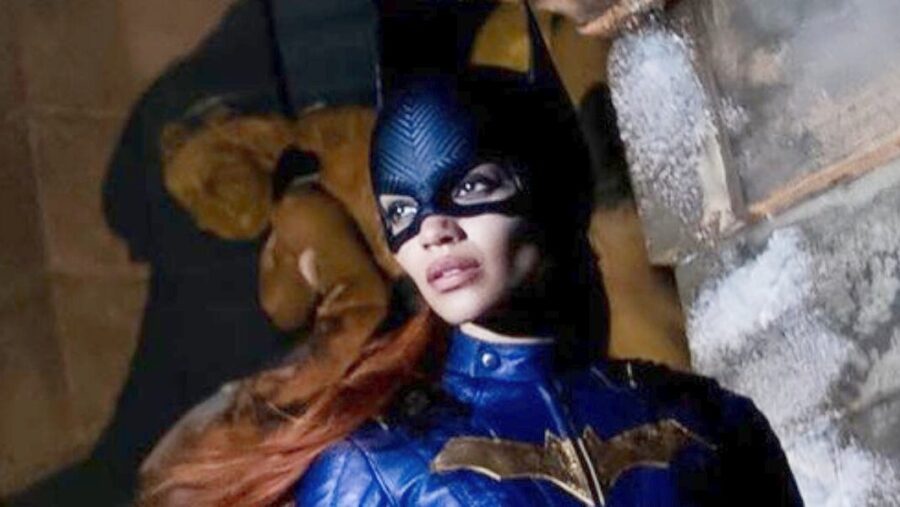Warner Bros. Is Laying Off More Than 25% Of Its Staff
Warner Bros.' television division is cutting 25% of its workforce.
This article is more than 2 years old
The merger between Warner Bros. and Discovery is once again leading to major cuts at the newly-formed media giant. According to Deadline, the new cuts are coming into Warner’s television division, which will see more than 25% of its workforce laid off this week. It is the latest bruising, cost-cutting move from new Warner Bros. Discovery (WBD) CEO David Zaslav, who had previously committed to cutting $3 billion from the conglomerate.
Warner Bros Television chair Channing Dungey made the announcement in an email to staffers on Tuesday afternoon. “I write to you with sad news and a heavy heart,” she wrote. “Some of our treasured colleagues will be leaving the company because of restructuring and realignment within our group…This was strictly a business decision, made as thoughtfully and compassionately as possible by studio leadership.”
While the cuts at Warner Bros. television will include some reshuffling of department heads, Deadline reported that many of the cuts (about 125 jobs in total) will come from lower positions, from staffers who could ill afford to lose their jobs right now. WBD will also completely shut down a production arm that creates digital content (Stage 13), and the Warner Bros. Television Workshop, which worked to find, mentor, and develop diverse, minority talent.
Warner Bros. Television will also combine responsibilities across multiple departments into a singular department to streamline costs, while it shifts away from broadcast television content and focuses efforts on streaming content.
The cuts will come from the Warner Bros. animation, scripted television, and unscripted television divisions. Despite record profits and a boom in streaming video – including the launch of HBO Max – Zaslav seems determined to cut the very divisions his new conglomerate will need most: the content-creating portions of the company. He’s also cut a number of individual projects, including television and film projects that were already in production, most notably the film Batgirl, the DC film that was nearly complete and scheduled to be released on HBO Max.

Despite already spending $90 million on production, Batgirl will never be released in any way, despite the appeal of being a DC film starring Michael Keaton reprising his iconic role of Batman/Bruce Wayne. Instead, Warner Bros. Discovery will take a tax write-off, which will likely be far less than the revenue it would have earned from a release. Other reports, however, indicate the cancellation of Batgirl was also motivated by the realization by studio executives that the film was “unwatchable” and should not be released.
In August, HBO and HBO Max endured its own round of cuts, laying off about 14% of its total staff. Numerous shows and animated series were shelved in the process, and a number of animated series were removed from the HBO Max streaming service, reportedly to avoid paying residuals. Warner Bros. Animation and Cartoon Network Studios will also combine their creative teams, to cut costs.
The layoffs are the latest move to salvage a merger that seemed like a dream pairing: the television giant Discovery (home of the Discovery Channel, Food Network, and HGTV) and WarnerMedia (home to the Warner Bros. film and TV divisions, as well as HBO). Plans to merge were first announced in May of 2021, but since it became official on April 8, 2022, it has turned into an unmitigated PR and economic disaster. Zaslav implemented a harsh series of cost-cutting moves since taking over the new media giant, in an effort to satisfy shareholders.
Rather than strengthen the company, however, the moves have angered TV and film fans, and Warner Bros. Discovery has lost nearly $20 billion in value in just a few months, from a total company value of $49.5 billion in April to a value of $31 billion this summer.










